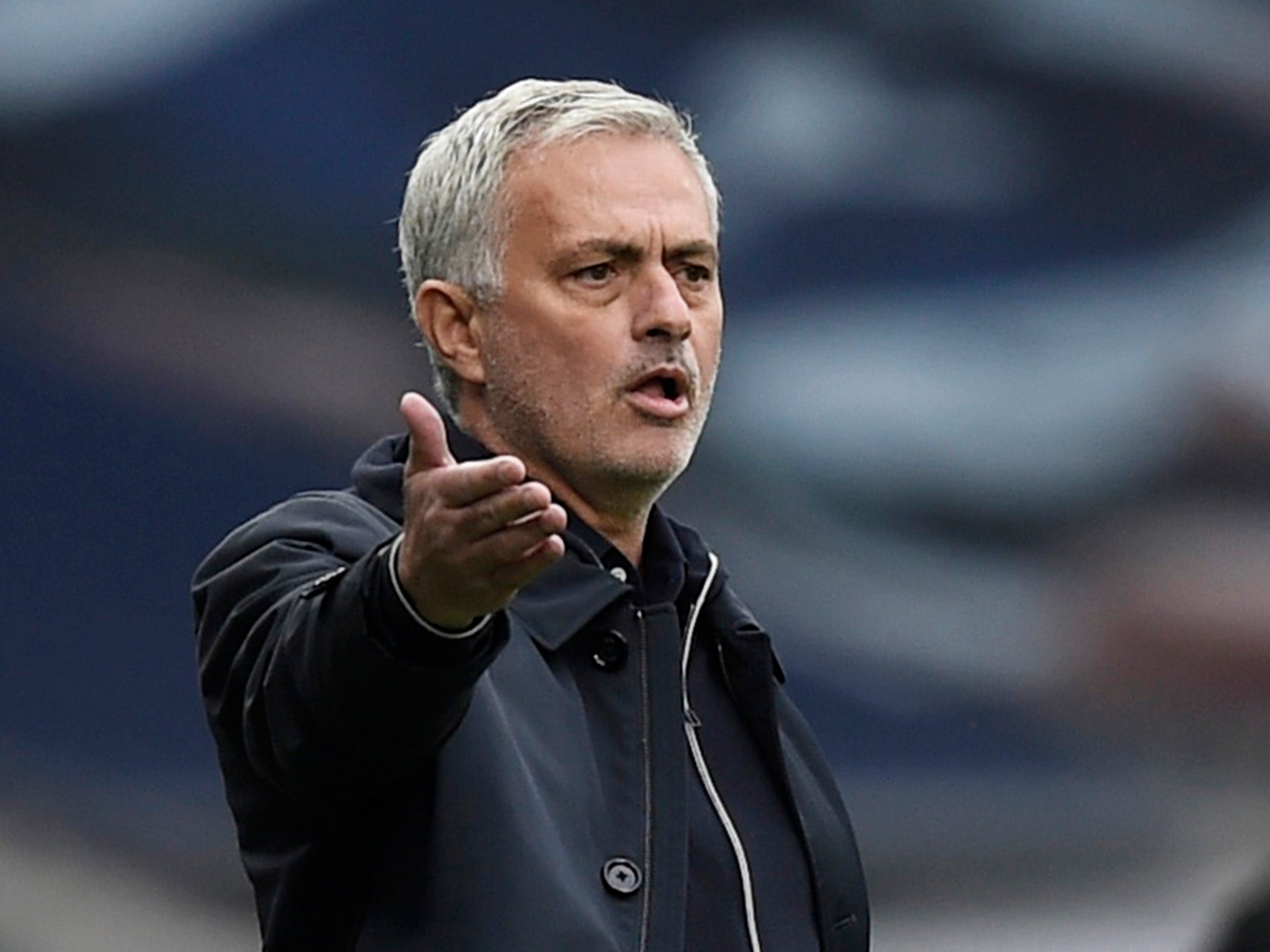Football’s latest rules scandal highlights the issues that truly matter
Eric Dier’s controversial ‘handball’ has become the talk of the Premier League. But let’s not forget the perilous financial situations facing some clubs and why balance is needed now more than ever, writes Jack Rathborn


“The game has gone,” many proclaimed after Eric Dier was penalised for a handball after turning away from the ball in stoppage time against Newcastle, culminating in Callum Wilson equalising to deny Tottenham victory.
This is the peak of football’s latest rules scandal, where fans immediately leap to extremes on social media. It is hard not to feel genuine sympathy with Dier, Jose Mourinho and Tottenham in this instance, with two precious points slipping away, as there genuinely does appear to be a problem with the definition of the new rule.
Opinions often drift over time, though. It is only a few years since the uproar over too much context in decision-making and not enough consistency, whereas now the former appears to be more attractive.
Jamie Carragher epitomised the sentiment among most: “It’s an absolute disgrace. An absolute joke.
“Everybody else in this country [other than Newcastle fans] will say what I’m thinking, he [Dier] has no control over where his arms are going to be. He has no idea what is going on.
“This is a joke. Whoever is involved in this, stop it, because you’re ruining football for everybody.”
Hyperbole? Perhaps. It should not be forgotten in the furore that there is a far more serious concern: the perilous financial situation facing English Football League (EFL) clubs without key sources of revenue due to fans being banned from attending stadiums as part of the latest Covid-19 measures. Reports suggest more than 10 EFL clubs could go bust unless financial support quickly arrives from the Premier League and government. All of this is context. Providing coverage of games is now more important than ever, as is assessing the situation and the real impact of results and their ramifications.
Sure the hysteria is now providing increased theatre surrounding games and enhancing the spectacle for viewers at home – which is much-needed, given the bleak outlook for fans returning to stadiums before next year. But the danger, from a journalistic perspective, is that we forget the other significant events that preceded or follow these perplexing decisions from the officials during games.
A better balance of all will not only promote a healthier discussion immediately after games, but also enlighten readers should these decisions prove vital to winning trophies or costing managers their jobs.
Has the game gone? It depends whether you’re paying close attention to the issues that truly matter.
Yours,
Jack Rathborn
Assistant sports editor



Join our commenting forum
Join thought-provoking conversations, follow other Independent readers and see their replies
Comments